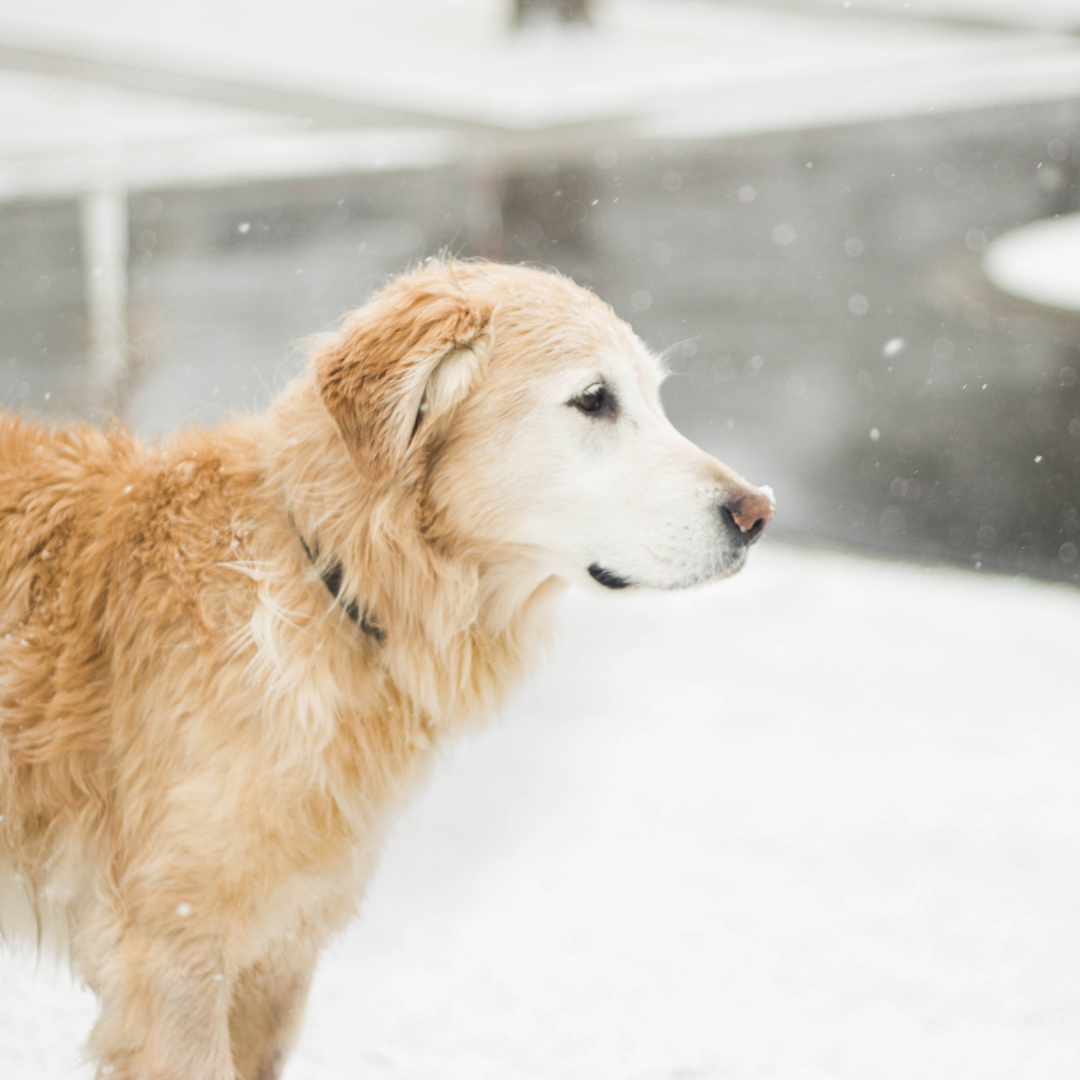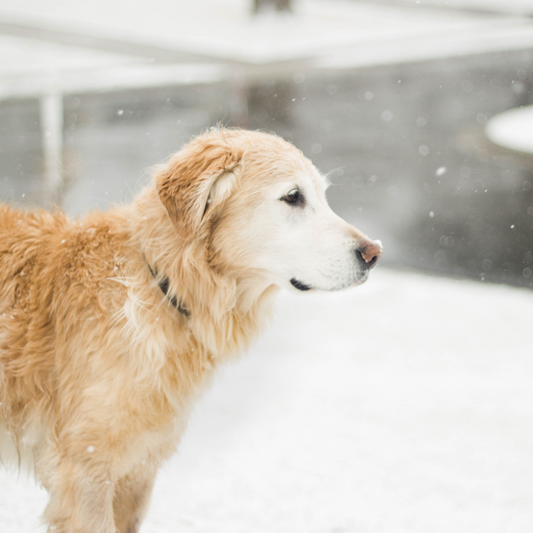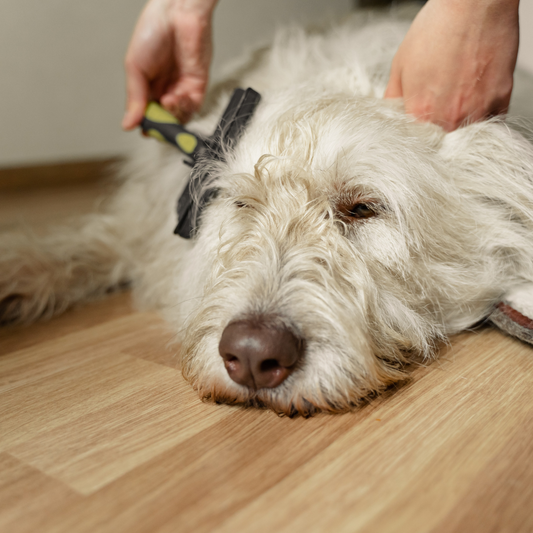How can you keep your dog safe during extreme weather conditions?
As a responsible pet owner, it's crucial to prioritise your dog's safety, especially when it comes to seasonal changes and extreme weather conditions. Here are some weather-wise tips to protect your furry friend:
1. Provide adequate shelter
Make sure your dog has a comfortable and secure shelter to seek refuge from harsh weather. A sturdy doghouse with proper insulation and bedding can provide protection from cold temperatures and wind. During hot weather, ensure your dog has access to shade and plenty of fresh water.
2. Dress appropriately
In extreme cold or wet conditions, consider dressing your dog in a waterproof and insulated coat or sweater. This can help prevent hypothermia and keep them warm during walks or outdoor activities. However, it's essential to choose clothing that fits properly and doesn't restrict their movement or breathing.
3. Protect their paws
Extreme temperatures can be tough on your dog's paws. During winter, ice and salt on sidewalks can cause irritation or even chemical burns. Consider using pet-friendly ice melts and protect their paws with booties or paw wax. In hot weather, avoid walking your dog on hot pavement to prevent burns.
4. Adjust exercise routines
During extreme weather conditions, it's important to modify your dog's exercise routine. Avoid exercising them during the hottest parts of the day in summer to prevent heatstroke. In winter, limit outdoor activities during freezing temperatures and provide shorter, more frequent walks to avoid overexposure to the cold.
5. Be cautious of seasonal hazards
Each season presents unique hazards for dogs. In spring, be mindful of toxic plants and pesticides. During summer, prevent heatstroke by never leaving your dog in a parked car. In fall, keep them away from mushrooms and be cautious of antifreeze spills. Winter brings the risk of hypothermia and frostbite, so limit outdoor time during extreme cold snaps.
6. Stay up to date with vaccinations and preventatives
Seasonal changes can also bring an increase in certain diseases and parasites. Ensure your dog is up to date with vaccinations, including those for Lyme disease, heartworm, and flea and tick prevention. Regular check-ups with your veterinarian can help detect any potential health issues early on.
Conclusion
By following these weather-wise tips, you can ensure the safety and well-being of your beloved dog throughout the year. Remember, your furry friend relies on you to provide a secure and comfortable environment, regardless of the weather conditions. Stay informed, be prepared, and enjoy the seasons together!




